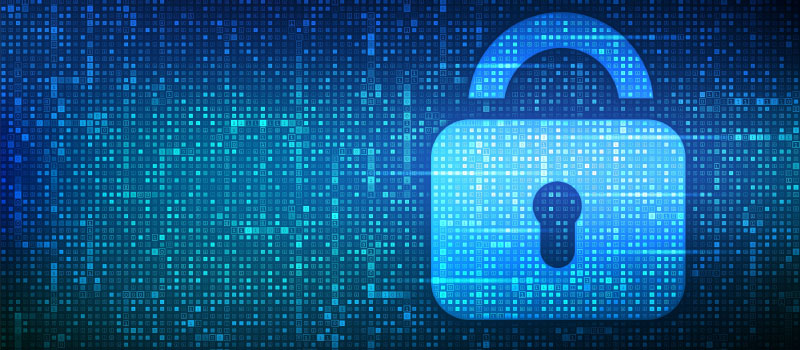There is a lot of information available on how to protect yourself against a cyber attack. Below we have curated a short checklist of sorts for you to keep yourself safe from digital attacks. The following tips can help you prevent hackers from stealing your data or someone unauthorised from accessing your data. Note that this list will benefit you irrespective of whether you run an online business, work from someone else using your computer or just use the internet for other personal things.
1. Use a VPN
A VPN (short for Virtual Private Network) can protect you from hackers intercepting your personal conversations when you connect over an unsafe public WiFi. Always use highly recommended and trustworthy VPN providers to keep your privacy intact.
2. Back up files
Just like you save some of your money for a rainy day, you should save your data in case something unfortunate happens. Maintaining regular and functioning backups is one of the best ways to minimise the damage caused by a cyber incident.
3. Clean your social media
Maintaining privacy in your virtual home, i.e. your social media profiles, is as important as maintaining privacy in your real life. Anyone can use your publicly available information to leverage their chances in a cyber attack against you. Make sure you keep personal information away or private as much as you can on social media. If you run a business, and you have ever hired a CEH (Certified Ethical Hacker) professional to conduct an OSINT (open source intelligence gathering) on you, then you will be shocked to find out what the internet can spit out about you to anyone who knows just where to look.
4. Check which apps have access
Applications in your mobile phone can ask for unnecessary permissions and use that privilege to siphon your data without your knowledge. If you don’t want your data to be misused or sold to third-parties then you should be careful of what permissions you grant to your apps.
5. Use VirusTotal
You can use VirusTotal to ascertain whether a file in your computer is malicious or not. Just drag and drop any unfamiliar or dubious file on the website and it will show you who has flagged that file as a virus or harmful software.
6. Don’t use unfamiliar USBs
Just like you won’t use somebody else’s towel or handkerchief (irrespective of whether there is COVID-19 or not!), you shouldn’t use somebody else’s USB and stick it into your computer. For all you know it could contain an infection.
7. Say no to cracked apps
Safety first! Say no to piracy and cracked software. It is tempting to use free software to get your way and get things done without having to pay for them or go through the trouble of safety procedures. But it is always better to pay the price of security than to pay the price of danger.
8. Use two-factor authentication
Keep your passwords strong, unique and long. Never use the same password in more than one place. Keep changing your passwords from time to time. Always use multi-factor or two-factor authentication to add an extra layer of security on your login credentials. Use websites like https://haveibeenpwned.com/ to check whether your credentials have been leaked online or not.
Just remember that your safety is always in your own two hands and you don’t need to become a cybersecurity specialist or take an ethical hacking course to ward off cyber attacks. If you need any more assistance regarding keeping yourself safe, then consider reading about safety tips and cyber attack stories online.








Add Comment